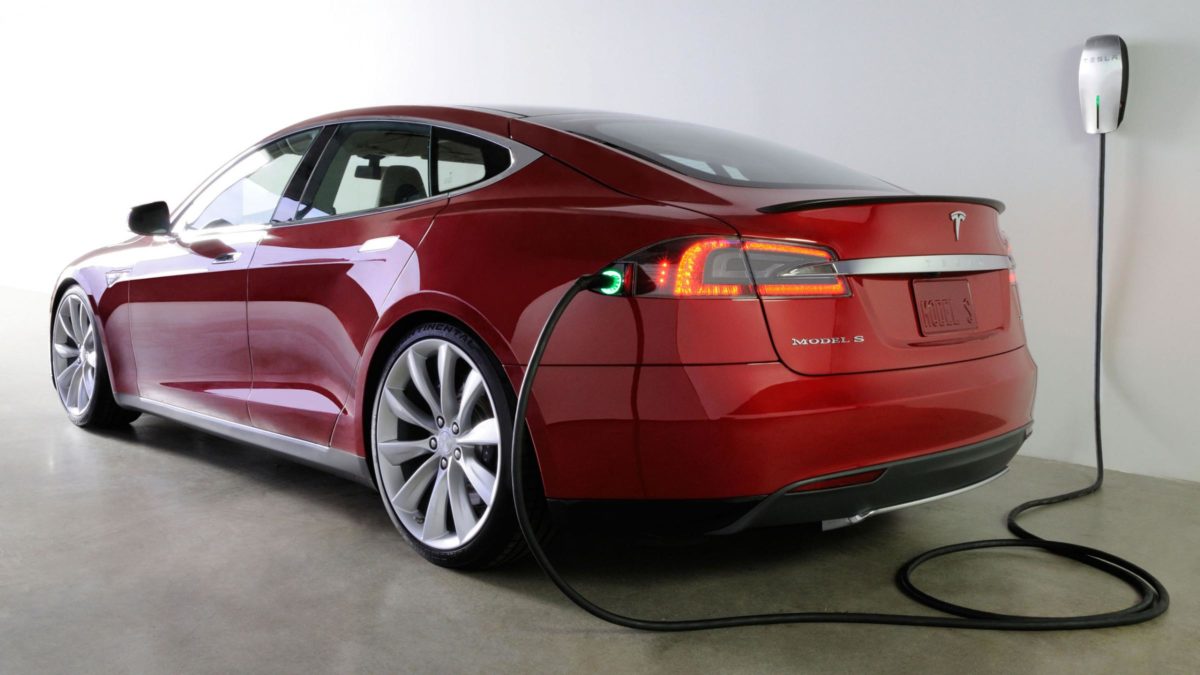Combining financial incentives and education is key to winning round consumers who are hesitant to hand over control of heat pump and electronic vehicle (EV) charging, according to UK research carried out as part of a broader investigation into potential grid flexibility solutions.
Shaz Shamim, senior consultant at LCP Delta, told pv magazine that focus group sessions carried out ahead of the launch of new trial energy tariffs, including EDF’s EV OptiCharge tariff launched in August 2024, revealed resistance could be overcome with the right balance of education and incentives.
“If [a flexible tariff] has a more positive impact on the grid itself and you can explain and translate that into people’s language, that helps quite a lot. [Explaining] that their small step will make an impact overall in terms of security of power, but also bring the overall system cost down, these are subtle things that are difficult to get translated. But eventually you say okay, this tariff will allow you to save say €200 per year but then you also continue to [talk about] the environment, these things in combination help,” he said.
LCP Delta carried out its focus group sessions as part of the first phase of EDF’s Project Flash (FLexibility Assets and Smart Homes), launched in the summer of 2023. The project is part of the UK Department of Energy Security and Net Zero’s (DESNZ) Alternative Energy Markets Innovation Programme. Phase one consisted of a six-month feasibility study, which saw the utility team up with LCP Delta and smart energy system manufacturer Landis + Gyr collaborate to look at how new low carbon technologies such as heat pumps, storage products and EVs could be supported by bespoke tariffs in a bid to reduce pressure on the grid.
During phase one, Shamim said focus groups revealed talking only about financial incentives “can look a bit crude,” adding that people want to hear more about the impact they can have on their household circumstances, grid stability and the environment – insights which EDF was able to use for the next phase of the trial.
Phase two of EDF’s Project Flash comprises five projects, including two EV trial tariffs: one which sees the utility take control of the EVs charging schedule, plus an export tariff allowing customers to use bi-directional charging, meaning power stored in EV batteries could supply the home or to the grid. The trials are backed by GBP 1.3 million ($1.7 million) from DESNZ as part of the department’s Net Zero Innovation Portfolio (NZIP), a scheme aimed at demonstrating how consumers will be impacted by the electricity grid conditions projected for 2030.
EDF’s EV OptiCharge tariff trial launched in August 2024 and is scheduled to run until February 2025. The trial will see up to 300 existing EDF customers use automated controls so that their vehicles are charged overnight at times that provide the best value. Customers will set their charging preferences in a dedicated platform, such as the level of charge in the car and by what time in the day they need it charged, and the automated controls will then make charging decisions. Data generated will be collected through the trial and EDF will work with Loughborough University and the University of Sheffield, who will provide support through qualitative and quantitative studies to provide further insights on the feasibility of optimizing EV charging.
Shamim acknowledged that it is still “early days” for the rollout of flexible tariffs, but he suggested that with the right consumer engagement things could move quickly.
“In our study we found a perception gap in terms of how well people are informed and understand their energy consumption. People go by their hunch in terms of how much energy reduction they have been able to achieve by switching off a lightbulb. At the same time, we found customers are willing to adapt and change their behavior if the household setup allows them to do so,” he said.
The LCP analyst added that energy insights tools offer a key opportunity for personalized, digitized, and transparent customer engagement. He said an effective “engagement loop” that uses incentives can “convert motivation into action”, while positive customer experiences can build the necessary trust between consumers and utilities.
“People will get educated on these things. Increasingly I believe the pace of change will be quicker than what we expected before we started this project,” he said.
This content is protected by copyright and may not be reused. If you want to cooperate with us and would like to reuse some of our content, please contact: editors@pv-magazine.com.



By submitting this form you agree to pv magazine using your data for the purposes of publishing your comment.
Your personal data will only be disclosed or otherwise transmitted to third parties for the purposes of spam filtering or if this is necessary for technical maintenance of the website. Any other transfer to third parties will not take place unless this is justified on the basis of applicable data protection regulations or if pv magazine is legally obliged to do so.
You may revoke this consent at any time with effect for the future, in which case your personal data will be deleted immediately. Otherwise, your data will be deleted if pv magazine has processed your request or the purpose of data storage is fulfilled.
Further information on data privacy can be found in our Data Protection Policy.